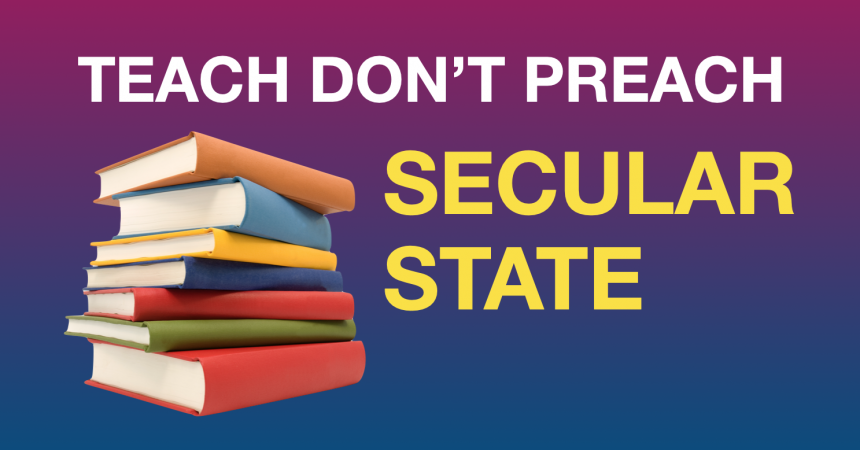
State funding for religious schools is a privilege not a human right
Education is a human right and Article II of Protocol 1 of the European Convention guarantees that right.
This Article states that:-
“The right to Education.
No person shall be denied the right to education. In the exercise of any functions which it assumes in relation to education and to teaching, the State shall respect the right of parents to ensure such education and teaching in conformity with their own religious and philosophical convictions.”
The European Convention does not oblige any state to fund a religious education for every family in the country. It is not a human right for parents to choose a particular type of school for their children. No state could possibly afford to fund a particular type of education for every family in the country.
States are obliged to respect the religious and philosophical convictions of ALL parents. Any private body has a right to set up a school but no state is obliged to fund it. State funding for religious schools is a privilege not a human right.
The following case at the European Court clearly shows that Article II of Protocol 1 does not oblige states to fund private schools.
CASE OF KJELDSEN, BUSK MADSEN AND PEDERSEN v. DENMARK
(Application no. 5095/71; 5920/72; 5926/72)
7 December 1976
“The Court notes that in Denmark private schools co-exist with a system of public education. The second sentence of Article 2 (P1-2) is binding upon the Contracting States in the exercise of each and every function – it speaks of “any functions” – that they undertake in the sphere of education and teaching, including that consisting of the organisation and financing of public education.
Furthermore, the second sentence of Article 2 (P1-2) must be read together with the first which enshrines the right of everyone to education. It is on to this fundamental right that is grafted the right of parents to respect for their religious and philosophical convictions, and the first sentence does distinguish, anymore than the second, between state and private teaching.
The “travaux préparatoires”, which are without doubt of particular consequence in the case of a clause that gave rise to such lengthy and impassioned discussions, confirm the interpretation appearing from a first reading of Article 2 (P1-2). Whilst they indisputably demonstrate, as the Government recalled, the importance attached by many members of the Consultative Assembly and a number of governments to freedom of teaching, that is to say, freedom to establish private schools, the “travaux préparatoires” do not for all that reveal the intention to go no further than a guarantee of that freedom. Unlike some earlier versions, the text finally adopted does not expressly enounce that freedom; and numerous interventions and proposals, cited by the delegates of the Commission, show that sight was not lost of the need to ensure, in State teaching, respect for parents’ religious and philosophical convictions.
The second sentence of Article 2 (P1-2) aims in short at safeguarding the possibility of pluralism in education which possibility is essential for the preservation of the “democratic society” as conceived by the Convention. In view of the power of the modern State, it is above all through State teaching that this aim must be realised.”







0 Comments
No comments!
There are no comments yet, but you can be first to comment this article.